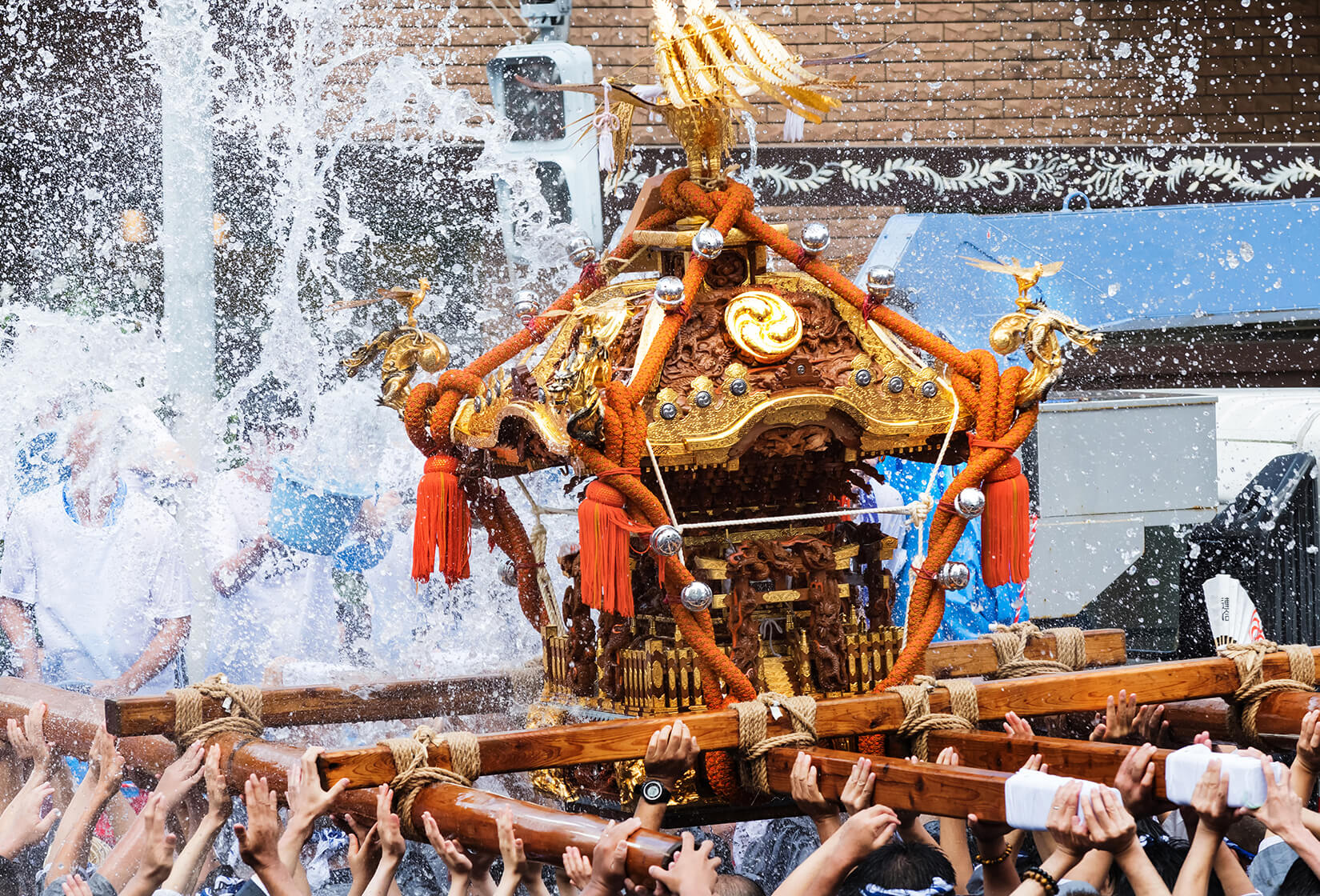Japan is an island country in East Asia, located in the northwest Pacific Ocean. It is bordered on the west by the Sea of Japan, and extends from the Sea of Okhotsk in the north toward the East China Sea and Taiwan in the south. The Japanese landscape is rugged, with more than four-fifths of the land surface consisting of mountains. There are many active and dormant volcanoes, including Mount Fuji (Fuji-san), which, at an elevation of 12,388 feet (3,776 metres), is Japan’s highest mountain. Abundant precipitation and the generally mild temperatures throughout most of the country have produced a lush vegetation cover and, despite the mountainous terrain and generally poor soils, have made it possible to raise a variety of crops. Japan has a large and, to a great extent, ethnically homogeneous population, which is heavily concentrated in the low-lying areas along the Pacific coast of Honshu.
Japan: Culture and Tradition
History and Culture
History plays an important part in Japanese culture. Many castles and streets are still preserved the way they were built. Having a polytheistic culture, there are also a lot of shrines and temples all around Japan.
Influences from Buddhism and the traditional Shinto religion can be seen in these traditional architectures. Some of these castles and temples are listed as UNESCO World Heritage Sites. Visit these fascinating historical sites and various museums across the country to have a first-hand experience of the history and the culture of Japan.
Festivities in Japan
With a temperate climate, Japan has four lovely and distinct seasons. These seasons together with regional differences across the archipelago have given birth to various local cultures, customs, as well as “matsuri,” or festivals, in Japan. Deriving from the country’s unique Shinto religion, these festivals are closely related to Japanese people’s religious beliefs as well as customs developed in Japan’s agrarian past.
Festivals, apart from a few exceptions, are usually clustered around traditional holidays. Most began in order to celebrate, or to pray for, good harvests. They often feature grand processions as well as local festival markets. As the festive atmosphere fills the air, people’s enthusiasm and excitement soars. Be sure enjoy at least one matsuri if you have the chance!
Experience "Shokunin" Spirit
The Japanese word “Shokunin” can be translated as “craftsman” or “artisan”. But “Shokunin” is much more than that. Beyond just meaning good skills or a piece of beautiful craft, it also celebrates the sheer joy of and dedication to making something to the utmost of one’s ability.
To this day, many Japanese people all over the country still dedicate their lives and efforts to protect and pass down various forms of traditional craftsmanship, including gold foil production, glass crafts, bamboo crafts, lacquerware and traditional paper making. Come to Japan to learn from the great masters of arts and crafts, and experience the joyful world of “Shokunin.”
Best Places to visit in Japan



No comments:
Post a Comment